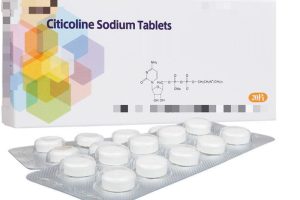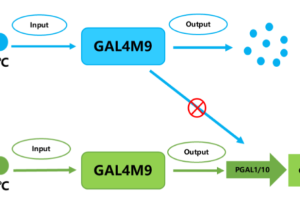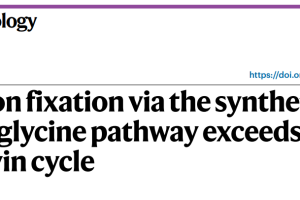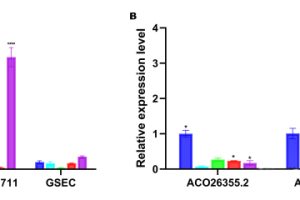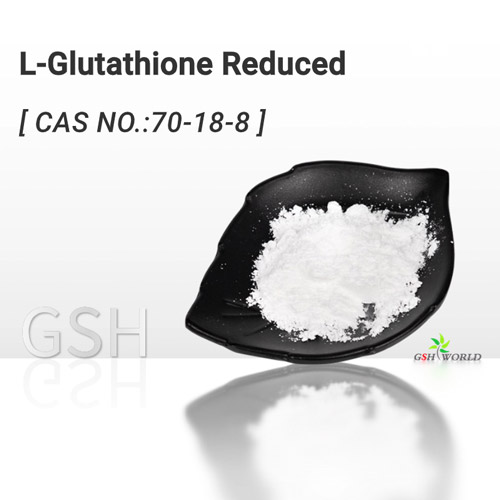Speaking of the abbreviation of glutathione (GSH), there is also a noun explained as melipeptide GSH.
Many friends have been exposed to it, and the physiological significance of it is estimated that we are not fully understood.
What is glutathione?
Glutathione is a tripeptide composed of glutamic acid, cysteine and glycine, containing sulfhydryl group, which has antioxidant effect and integrated detoxification effect.
The thiol group on cysteine is the active group of GSH (so glutathione is often abbreviated as G-SH), which is easy to combine with some drugs (such as paracetamol) and toxins (such as free radicals, iodoacetic acid, mustard gas, lead, mercury, arsenic and other heavy metals), and has an integrated detoxification effect.
Therefore, glutathione (especially glutathione in liver cells) can participate in biological transformation, thereby transforming harmful poisons in the body into harmless substances and excreting out of the body.
Glutathione also helps maintain normal immune system function.
Physiological function of glutathione
Excessive free radicals produced by the body’s metabolism will damage the biofilm, invade the macromolecules of life, accelerate the aging of the body, and induce the production of tumors or atherosclerosis.
Glutathione plays an important role in the biochemical defense system of human body and has many physiological functions.
Its main physiological role is to remove free radicals in the human body, as an important antioxidant in the body, to protect many proteins and enzymes and other molecules in sulfhydryl.
The structure of GSH contains an active sulfhydryl -SH, which is easily dehydrogenated by oxidation, and this specific structure makes it the main free radical scavenger in the body.
For example, when a small amount of H2O2 is produced in the cell, GSH reduces H2O2 to H2O under the action of GSH peroxidase, and itself is oxidized to GSSG, which receives H to be reduced to GSH under the action of glutathione reductase present in the liver and red blood cells, so that the free radical scavenging reaction in the body can be continued.
Glutathione can not only eliminate free radicals in the human body, but also improve human immunity.
GSH maintains health, anti-aging, and protects hemoglobin from oxidation such as hydrogen peroxide and free radicals, so that it can continue to perform its normal ability to transport oxygen.
Part of the hemoglobin in the red blood cells under the action of oxidizing agents such as hydrogen peroxide, in which the bivalent iron is oxidized to trivalent iron, so that the hemoglobin is transformed into methemoglobin, thus losing the oxygen carrying capacity.
Reduced glutathione can not only directly combine with oxidizing agents such as hydrogen peroxide to form water and oxidized glutathione, but also reduce methemoglobin to hemoglobin.
GSH is abundant in human red blood cells, which is of great significance to protect the sulfhydryl group of proteins on the red blood cell membrane in a reduced state and prevent hemolysis.
GSH protects the -SH group in the enzyme molecule, which is conducive to the play of the enzyme activity, and can restore the activity function of the -SH group in the enzyme molecule that has been destroyed, so that the enzyme can resume the activity.
GSH also inhibits the fatty liver caused by ethanol.
Glutathione has a strong protective effect on the symptoms of leukopenia caused by radiation and radiopharmaceutics.
GSH can be combined with toxic compounds, heavy metal ions or carcinogens that enter the human body, and promote their excretion from the body, playing a role of neutralization and detoxification.
The wide application of glutathione
GSH has a broad spectrum detoxification effect, which can not only be used as drugs, but also as the base material of functional foods, and is widely used in functional foods such as delaying aging, enhancing immunity, and anti-tumor.
1 Clinical drug
Glutathione has been developed artificially, widely used in clinical, in addition to the use of its sulfhydryl group to chelate heavy metals, fluoride, mustard gas and other toxins poisoning, but also used in hepatitis, hemolytic diseases and keratitis, cataracts and retinal diseases, as a treatment or adjuvant therapy drugs.
2 In combination with vitamin C
Vitamin C is also an important antioxidant in the body.
Because vitamin C can be reversibly hydrogenated or dehydrogenated, vitamin C plays an important role in many REDOX reactions in the body.
For example, the active group of many enzymes is sulfhydryl (-SH), and vitamin C can maintain -SH in a reducing state and maintain enzyme activity;
Vitamin C can transform oxidized glutathione into reduced glutathione (GSH) and reduce hydrogen peroxide (H2O2) produced by body metabolism.
Vitamin C also protects vitamins A, E and certain B vitamins from oxidation.
GSH, when used in combination with vitamin C, can improve its efficacy.
Changes in taking glutathione
A healthy and well-nourished person is able to continuously remove toxins.
Due to the increase in environmental pollution, the depletion of GSH stores in the human body is increasing rapidly.
The liver is the body’s detoxification organ and is high in GSH.
Studies have shown that decreased levels of GSH can cause damage to liver function, resulting in more and more toxins remaining in the body, which can cause damage to cells and organs.
Unfortunately, with age, disease, and even exercise, intracellular GSH levels decline, and all cells in the body must produce GSH themselves, thus requiring constant replenishment of the raw material for glutathione synthesis.
One of the benefits of GSH is obvious to us: people who like to drink alcohol can test themselves by taking a cup of peptide before or after drinking alcohol to see what happens.
Glutathione is the main antioxidant of human cells, and antioxidants play an important role in maintaining health and preventing disease.



